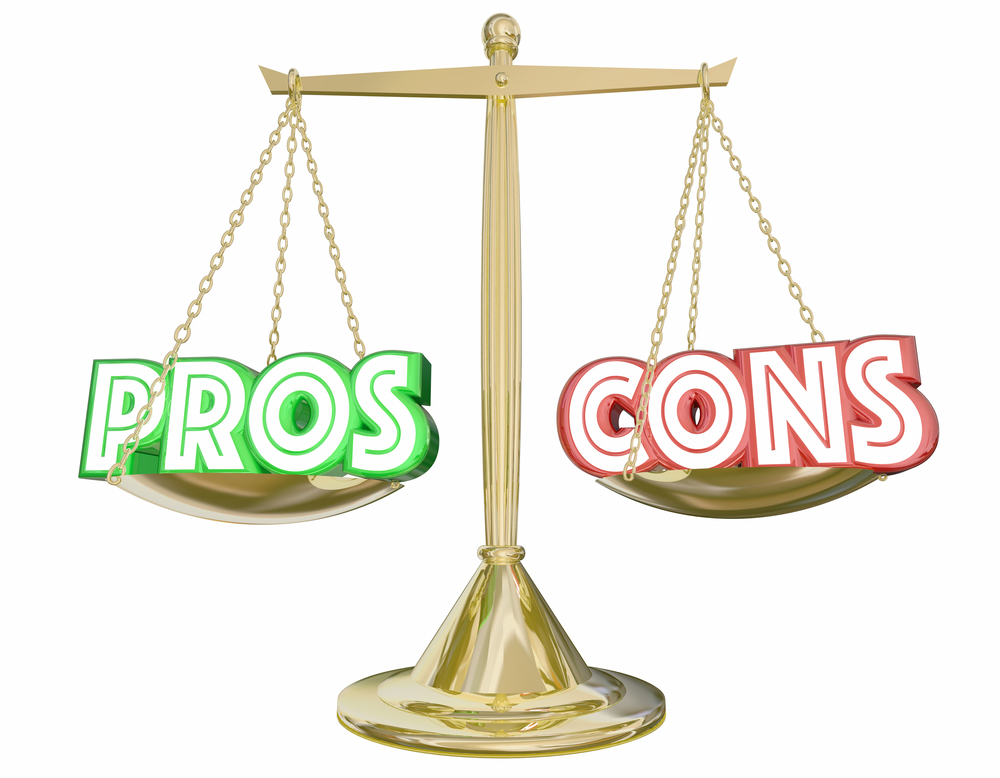Mediation is an increasingly popular alternative to the traditional divorce process that ends up in court. Resolving disputes outside of court offers several benefits. However, like any divorce process, Mediation has its strengths and weaknesses. Understanding both the pros and cons can help you decide if mediation is the right approach for your situation.
Pros of Mediation
- Cost-Effective: A primary advantage of Mediation is that it tends to be more affordable than going to court. Traditional litigation often requires multiple court appearances, legal motions, and extended preparation by lawyers, all of which can quickly add up in terms of cost. Mediation typically involves fewer legal fees since the process is streamlined and the need for extensive court procedures is reduced.
- Confidentiality: Unlike a court case, which is typically part of the public record, Mediation is a confidential process. The details discussed and any agreements reached during the Mediation process remain private, which can be a significant advantage if you value discretion, particularly in sensitive matters like divorce.
- Client-Driven Outcomes: Mediation gives you and your spouse control of your outcome. You and your spouse each have as have a say in the divorce process and work collaboratively to find solutions that fit your needs. This involvement often leads to more satisfactory outcomes because you have crafted your agreement rather than having a judge impose a ruling on you.
- Efficiency: Mediation is quicker than litigation. When you are both motivated to work toward a solution, Mediation will resolve disputes in less time than it would take in going through the traditional legal system.
Cons of Mediation
- Power Imbalances: A downside to mediation is the potential for a power imbalance. For instance, you or your spouse may have more information, access to a lawyer, or be better at expressing your needs than the other. This imbalance can make the process feel unfair and lead to inequitable outcomes. The mediator’s role is to recognize and neutralize these imbalances, but this doesn’t always happen.
- Limited Legal Guidance: Mediators are not allowed to give legal advice, even if they are attorneys. Their role is to facilitate the discussion, reality test the parties’ ideas and help you both to reach agreements. If you or your spouse doesn’t have legal representation, you may not fully understand the implications of the agreement you are making. Therefore, it is strongly recommended to have a consulting attorney to review any proposed agreements before it is finalized and while agreements are being negotiated.
- Time Commitment: While Mediation is viewed as more efficient, it still requires a time commitment. There will typically be multiple mediation sessions, homework assignments, and preparation for each meeting. You both need to be fully engaged in the process, which can be time-consuming.
Mediation offers numerous benefits, including lower costs, confidentiality, and control over outcomes. However, you must be aware of potential challenges, such as power imbalances and the need for legal advice.
The Law Offices of Patrick Markey, P.C., are dedicated to the Collaborative Divorce Process and can help you address and resolve issues in the divorce process.
Our offices are located at 108 Stetson Avenue, Suite 3500 in Chicago, Illinois. You may call us at 312-223-1764.
Patrick Markey is a Chicago based attorney who is an advocate of no court divorce options. He believes Collaborative Divorce and Mediation create better outcomes to your divorce process.
Mr. Markey is a member of Super Lawyers, an elite group of the top 5% of top lawyers (https://www.superlawyers.com). He is also listed as a top divorce lawyer by AVVO (https://www.avvo.com) and is a fellow of Collaborative Divorce Illinois (https://collaborativedivorceillinois.org), as well as a member of The Chicago Bar Association (https://www.chicagobar.org)

